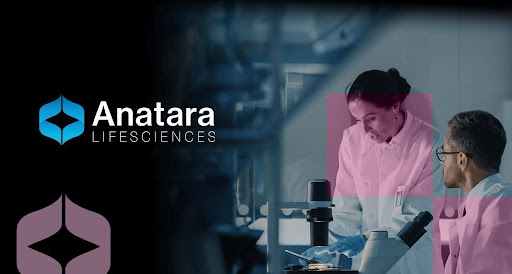Irritable Bowel Syndrome (IBS) is a pervasive health concern in Australia, affecting approximately 1 in 7 individuals. The impact of this condition extends beyond personal health, casting a substantial economic burden on the country, amounting to 1.5 billion dollars annually. What’s particularly noteworthy is the disproportionate impact on females, who are affected at a ratio of 2:1 compared to males. This underscores the urgent need for advancements in treatments and heightened awareness regarding IBS.

A significant development in the realm of IBS treatment is the Phase II GaRP-IBS trial initiated by Anatara Lifesciences (ASX: ANR). This trial marks a crucial milestone, building upon the highly encouraging findings from Stage 1 conducted in late 2023. The interim analysis of Stage 1 yielded promising results, meeting all predefined endpoints and signaling a potential breakthrough in addressing the burdensome effects of IBS and related gastrointestinal (GIT) disorders.
The GaRP (“Gastrointestinal ReProgramming”) is a multi-component, coated complementary medicine meticulously crafted to target GIT conditions such as IBS and Inflammatory Bowel Disease (IBD). Developed from Anatara’s Gastrointestinal ReProgramming project, GaRP holds the promise to revolutionise IBS treatment and other GIT conditions. Its composition of Generally Regarded As Safe (GRAS) components ensures safety while its unique mechanism of action is designed to restore and maintain GIT lining and microbiome homeostasis. This dual-action approach offers a novel method of managing IBS by alleviating symptoms and addressing underlying causative factors.
The successful completion of Stage 1, which involved 61 Intent-to-Treat (ITT) participants and concluded in September 2023, paved the way for Stage 2 using the selected Low Dose regimen. The transition to Stage 2 represents a pivotal milestone aimed at further substantiating GaRP’s potential as a transformative IBS treatment option. The primary focus of Stage 2 is to confirm GaRP’s efficacy in alleviating IBS symptoms at the optimum dose. Notably, participants who underwent both Low and High Dose regimes in Stage 1 reported a significant reduction in symptoms, showcasing GaRP’s potential to enhance the quality of life for individuals grappling with IBS.
An intriguing aspect of GaRP’s impact is its holistic approach, as evidenced by the remarkable reduction in anxiety and depression scores among the Low Dose cohort. This underscores GaRP’s ability to address the multifaceted nature of IBS and its associated psychological impacts, offering hope to millions of sufferers worldwide.

Moreover, GaRP’s implications extend beyond IBS to encompass conditions like Inflammatory Bowel Disease (IBD) and Functional Dyspepsia (FD). Its mechanism, which includes addressing “leakage” from the gut lining and maintaining microbiome homeostasis, aligns with the complex bi-directional signaling between the GIT and the brain, commonly known as “the gut-brain axis.”
As Anatara Lifesciences (ASX: ANR) progresses towards commercialization and regulatory approval, the findings from Stage 2 of the GaRP-IBS trial are eagerly anticipated. These findings are expected to provide compelling evidence supporting GaRP’s efficacy and safety, further bolstering its potential to revolutionize the landscape of gastrointestinal health. With continued research and development efforts, GaRP holds the promise of offering hope and healing to millions of individuals worldwide suffering from IBS, IBD, FD, and other disorders involving the GIT lining.
References – https://anataralifesciences.com/reference-page



Comments